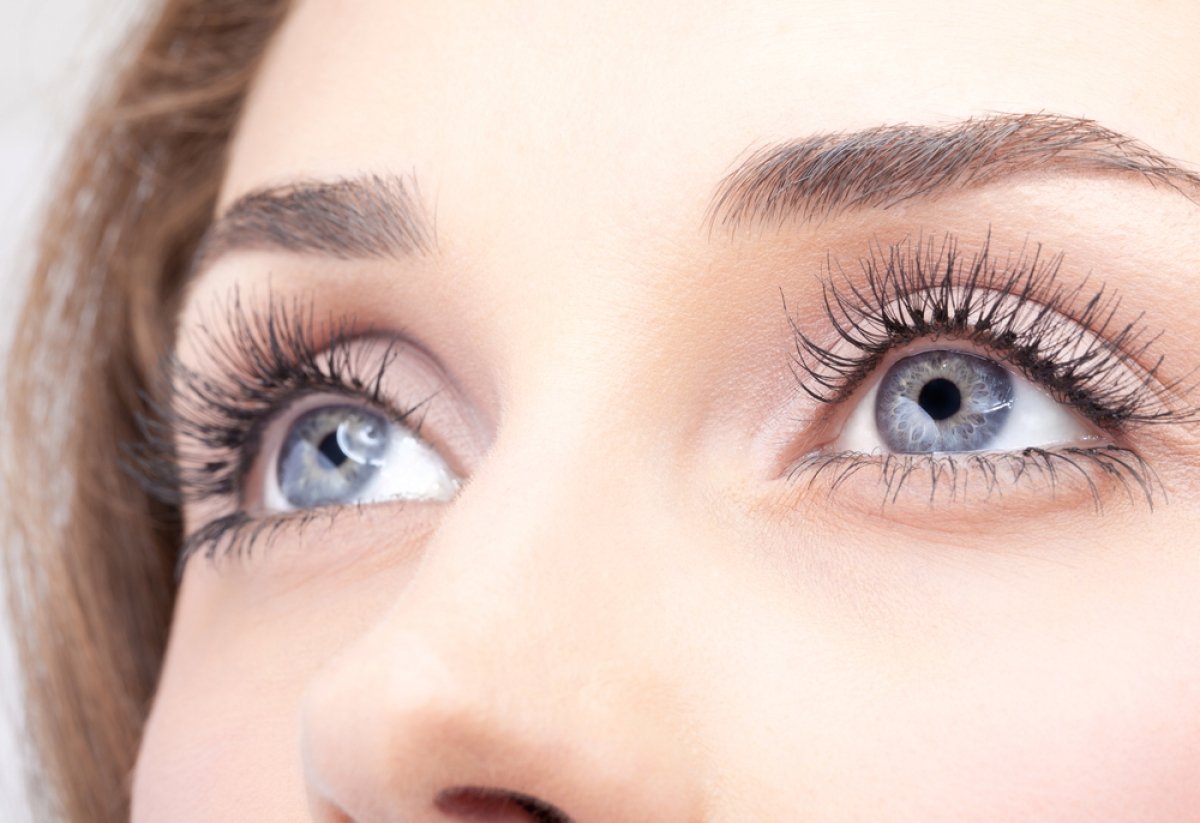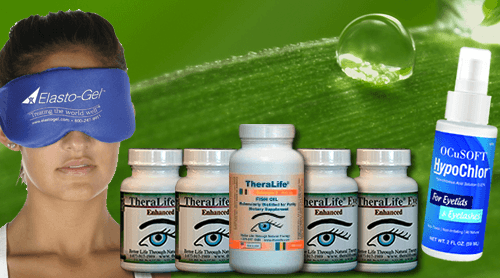What is stress?
When we encounter stressful situations, referred to as the “flight or fight” mode. The body goes into action and produces hormones that stimulate the adrenal system, raise cortisol levels, and gets our muscles instantly ready to go. Once the stress lifts, our body has the remarkable ability to return back to normal balance quickly.
Today our lifestyle is so intense. We have tools to be in constant contact. Ongoing work pressure, relationship and money issues, or the stress related to COVID-19 all make us tense.
Chronic stress can, over time, overwork the adrenal system resulting in fatigue, poor circulation, and insomnia. The stress hormones constrict blood vessels. Now, fatigue and poor circulation limit the body’s ability to deliver essential nutrients to the eyes. Therefore causing dry eyes.
The retina and eye are extensions of the brain. It is conceivable that “ophthalmologic” diseases may also be “brain” diseases in disguise, both of which depend on the vascular system.
Chronic Diseases
Chronic stress can result in hypertension (high blood pressure), digestive dysfunction, depression, anxiety, and fear. Chronic stress may be a significant cause of visual system diseases such as glaucoma and optic neuropathy, dry eye syndrome, as well as aggravate other eye conditions such as diabetic retinopathy and macular degeneration.
Glaucoma
Most glaucoma cases are open-angle glaucoma; there are many cases of normal-tension glaucoma where the eye pressure is considered within the normal range. Causes of glaucoma or risk factors can range from genetic susceptibility, sensitization to a disturbed stress resilience system.
People with primary vascular dysregulation respond more strongly to psychological stress, which is linked to ocular blood flow and damage to the structure of the eye cause normal-tension glaucoma.
Other Symptoms
Other vision issues include:
dizziness,
eye strain,
sensitivity to light,
eye floaters
eye spasms.
How To Manage
We can help protect vision by managing stress plus complementary nutritional support.
Fact is- stress management can help activate the residual vision and restoration.
Though we cannot always control external forces, we can measure control over how it affects us daily by employing the following techniques.
- Keep breathing. When you find yourself feeling stress, take a minute and take long, slow breaths. Slow breathing lowers blood pressure.
- Eat a healthy diet. Avoid sugar, refined carbohydrates, diet sodas, all artificial sweeteners (stevia is OK), stick with healthy oils, and avoid fried food and vegetable oils unless unrefined; do not cook with vegetable oils at high temperatures. Eat plenty of leafy greens and other vegetables and fruits, mainly berries, preferably organic if possible.
- Exercise regularly and take a walk when you feel stressed. This will reduce the adrenaline levels.
- Take breaks when possible to meditate, take yoga or Qi Gong class, walks in the wood, etc., particularly when feeling stressed.
- Nourish healthy relationships with friends and family, and avoid unhealthy ones when possible.
- Wake and go to sleep at the same time, establish a routine schedule with a positive image or a positive affirmation
- Get plenty of sleep. Turn off the computer and phone at least an hour before bed.
- Take good supplements for the eyes and body as we cannot always eat the way we need to.
Recommended Supplements
Theralite Eye capsules. This basic formulation improves blood flow to the eye and restores vision health by providing essential nutrients.
Omega 3 Fish Oil provides ample omega-3 essential fatty acids to support eye, heart, and brain health. It helps reduce stress (especially important for seniors). TheraLife Fish Oil is molecularly distilled, 100% pure.
TheraLife Fatigue– delivers more oxygen to the brain for alertness, reduces stress, and improves blood circulation.
References
- Faiq MA, Dada R, Kumar A, Saluja D, Dada T. (2016). Brain: The Potential Diagnostic and Therapeutic Target for Glaucoma. CNS Neurol Disord Drug Targets. 2016; 15(7):839-44. ↩
- Sabel BA, Wang J, Cardenas-Morales L, Faiq M, Heim C. (2018). Mental stress as consequence and cause of vision loss: the dawn of psychosomatic ophthalmology for preventive and personalized medicine. EPMA J. Jun;9(2):133-160. ↩
- Yilmaz U, Gokler ME, Unsal A. (2015). Dry eye disease and depression-anxiety-stress: A hospital-based case-control study in Turkey. Pak J Med Sci. May-Jun;31(3):626-631. ↩
- Ibid. Sabel. (2018). ↩
- Sandoiu A. (2018). Persistent stress may lead to vision loss, study shows. Med News Today. Jun 21. ↩
- Kurysheva NI, Shalapak VN, Ryabova TY. (2018). Heart rate variability in normal-tension glaucoma: A case-control study. Medicine (Baltimore). Feb;97(5):e9744. ↩
- Sabel BA, Henrich-Noack P, Fedorov A, Gall C. (2011). Vision restoration after brain and retina damage: the “residual vision activation theory.” Prog Brain Res. 2011;192():199-262. Complementary approaches include vision therapy and brain stimulation.[8. Kasten E, Wüst S, Behrens-Baumann W, Sabel BA. (1998). Computer-based training for the treatment of partial blindness. Nat Med. Sep; 4(9):1083-7. ↩
- Sabel BA, Gudlin J. (2014). Vision restoration training for glaucoma: a randomized clinical trial. JAMA Ophthalmol. Apr 1;132(4):381-9. ↩
- Bola M, Gall C, Moewes C, Fedorov A, Hinrichs H, Sabel BA. (2014). Brain functional connectivity network breakdown and restoration in blindness. Neurology. Aug 5; 83(6):542-51. ↩




